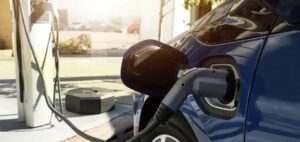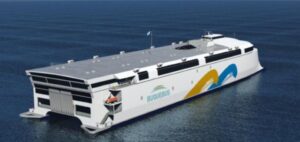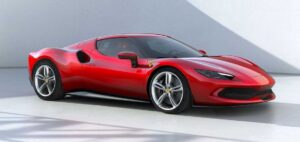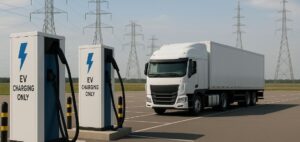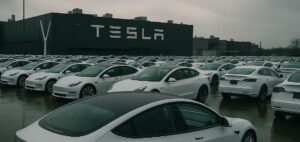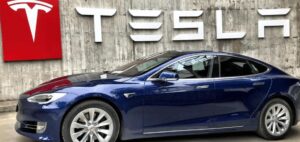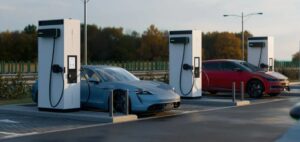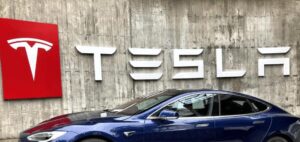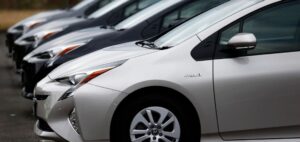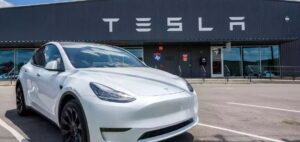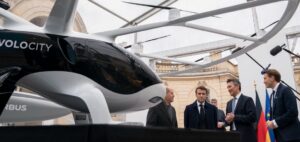The Japanese government, through the Ministry of Economy, Trade and Industry (Meti), unveils its renewed commitment to aeronautics with the announcement of a low-carbon airliner. It would use technologies such as hybrid-electric propulsion and hydrogen. The government aims to bring the aircraft to market “after 2035”.
Massive investment in innovation
A Meti official revealed that to realize this vision and revitalize Japan’s aerospace sector, public and private investment amounting to 5,000 billion yen (over 30 billion euros) will be required over the next decade. This initiative aims to propel Japan beyond its current role as a parts supplier to the global aerospace industry, while bringing the country closer to achieving its climate targets.
SpaceJet lessons and prospects
The new aeronautical strategy follows in the wake of Mitsubishi Heavy Industries’ (MHI) SpaceJet, an ambitious program that was eventually abandoned due to technical and financial challenges exacerbated by the Covid-19 pandemic. With this previous project having consumed over eight billion euros without coming to fruition, Japan is seeking to learn from this failure in order to move forward more effectively.
International competition and a favorable environment
This renewal comes against a backdrop of intensifying international competition, notably with China’s entry into the market with its C919, and the continuing challenges facing Boeing. This situation could offer Japan an opportunity to distinguish itself and make a significant contribution to the global aerospace market.
Although Mitsubishi Heavy Industries is tipped to play a key role in this new project, initial market reaction has been mixed, highlighting investors’ concerns about the project’s financial and technical viability, especially with regard to its potential hydrogen component. The success of this ambitious project will depend on Japan’s ability to mobilize its hydrogen expertise while effectively managing the costs and complexities of coordinating the various players involved.



